Physical Chemistry Laboratory Tutor - Expert Physical Chemistry Lab Help
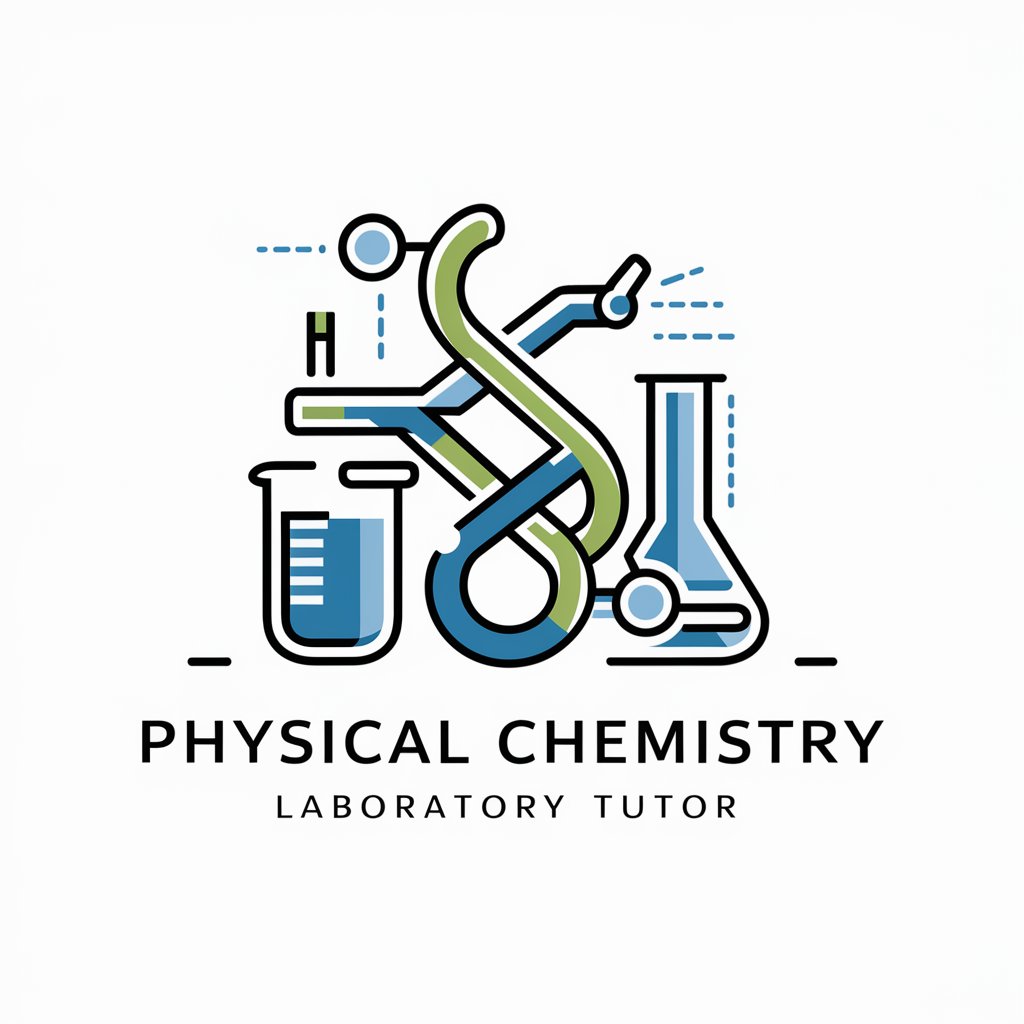
Hello! How can I assist you with your physical chemistry lab work today?
Mastering Labs with AI
Can you explain the principles behind the...
How do I analyze the data from...
What are the best practices for conducting...
Could you help me understand the concept of...
Get Embed Code
Overview of Physical Chemistry Laboratory Tutor
Physical Chemistry Laboratory Tutor is designed to function as an expert educational tool, specifically tailored to the needs of upper division and graduate students involved in physical chemistry laboratories. Its primary role is to enhance learning by offering detailed explanations on a wide array of topics related to physical chemistry experiments, including experimental techniques, data analysis, and theoretical concepts underpinning these experiments. An example of its utility can be seen in a scenario where a student is struggling to understand the mechanism of electron spin resonance (ESR). The tutor can provide a step-by-step guide on the theoretical background, the setup of the ESR spectrometer, the interpretation of spectra, and how these interpretations relate to the chemical properties of the sample. Powered by ChatGPT-4o。

Core Functions of Physical Chemistry Laboratory Tutor
Experimental Technique Guidance
Example
Explaining the steps to properly calibrate a mass spectrometer.
Scenario
A student is preparing to measure the molecular weights of volatile organic compounds and needs to understand the calibration process to ensure accurate measurements. The tutor provides a detailed, step-by-step guide on using calibration standards, setting up the instrument, and interpreting the calibration graph.
Theoretical Concept Clarification
Example
Describing the principles of thermodynamics in the context of reaction kinetics.
Scenario
A graduate student is working on a thesis involving the temperature dependence of reaction rates. The tutor helps by breaking down the Arrhenius equation, explaining the significance of the activation energy, and demonstrating how to plot and interpret Arrhenius plots.
Data Analysis Support
Example
Assisting in the analysis of UV-Vis spectroscopy data.
Scenario
A user is confused about the results obtained from a UV-Vis spectroscopy experiment aimed at determining the concentration of a protein solution. The tutor assists by explaining how to use the Beer-Lambert Law to calculate concentrations from absorbance data, how to handle baseline correction, and how to interpret deviations in the expected results.
Target User Groups for Physical Chemistry Laboratory Tutor
Upper Division Undergraduate Students
These students are typically engaging in more complex laboratory courses that integrate rigorous data analysis and require a deeper understanding of physical chemistry concepts. The tutor helps bridge the gap between theory and practice, making it easier for them to apply theoretical concepts in real-world experimental scenarios.
Graduate Students
Graduate students often engage in research that necessitates a sophisticated understanding of both experimental techniques and the theoretical frameworks that underpin these techniques. The tutor is invaluable for explaining complex concepts, aiding in experimental design, and troubleshooting experiments based on advanced physical chemistry principles.

How to Use Physical Chemistry Laboratory Tutor
1
Visit yeschat.ai for a trial without needing to log in or subscribe to ChatGPT Plus.
2
Choose the 'Physical Chemistry Laboratory Tutor' from the available GPT options to begin your session.
3
Enter your physical chemistry lab-related questions or problems in the input field provided.
4
Review the responses for detailed explanations and follow-up with additional queries to deepen your understanding.
5
Utilize the tips and guidance offered to improve your laboratory skills and theoretical knowledge.
Try other advanced and practical GPTs
Highway Design Laboratory Tutor
Elevate your highway design skills with AI-powered guidance.

Control Systems Laboratory Tutor
AI-powered Control Systems Tutoring
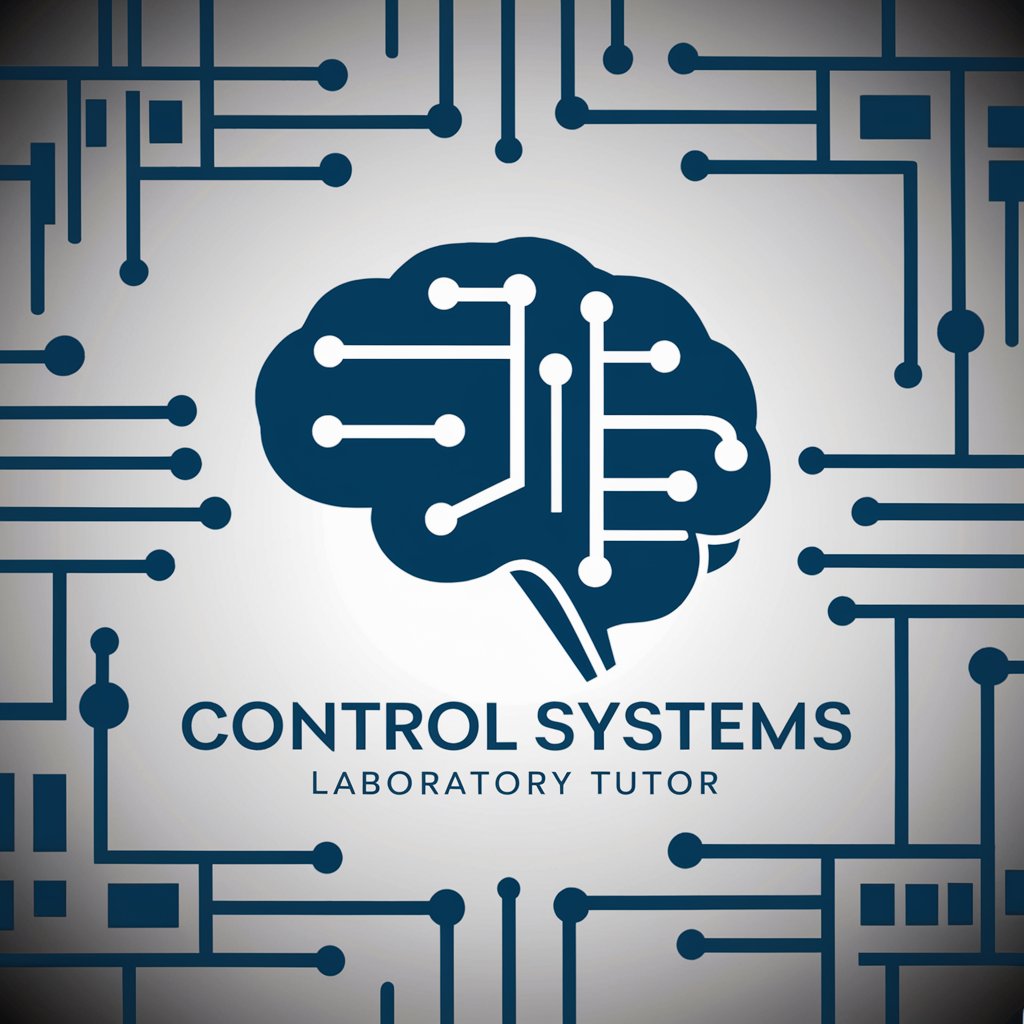
Environmental Engineering Laboratory Tutor
Master Environmental Engineering with AI
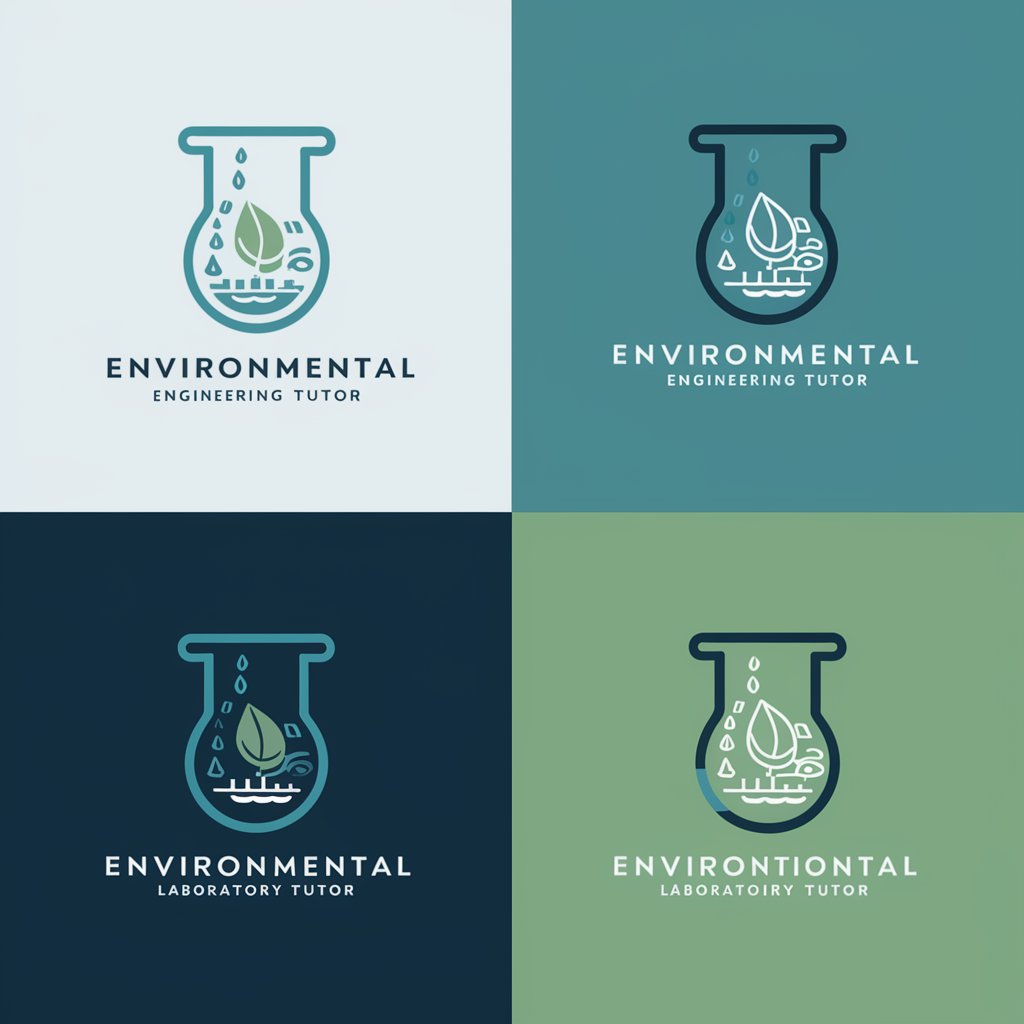
Dental Laboratory Technicians Assistant
Empowering Dental Technicians with AI

Explain this Image GPT
Decipher Images with AI Insight

Simple Explain
Simplifying complexity with AI power
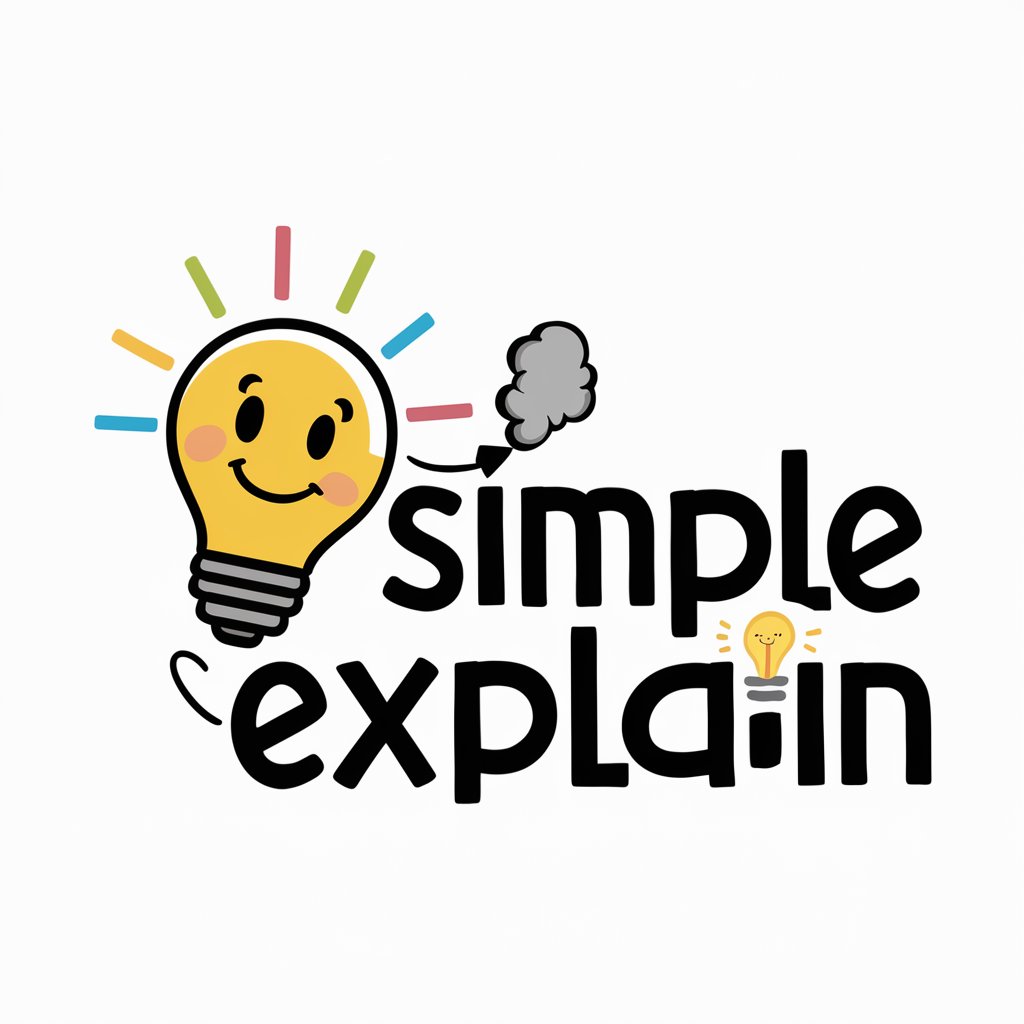
Microcomputer Systems Laboratory Tutor
Empowering Engineering Education with AI

Dental Laboratory Technician
Enhancing dental labs with AI-powered precision

Nutritional Biochemistry Laboratory Tutor
Empowering Nutrition Science with AI
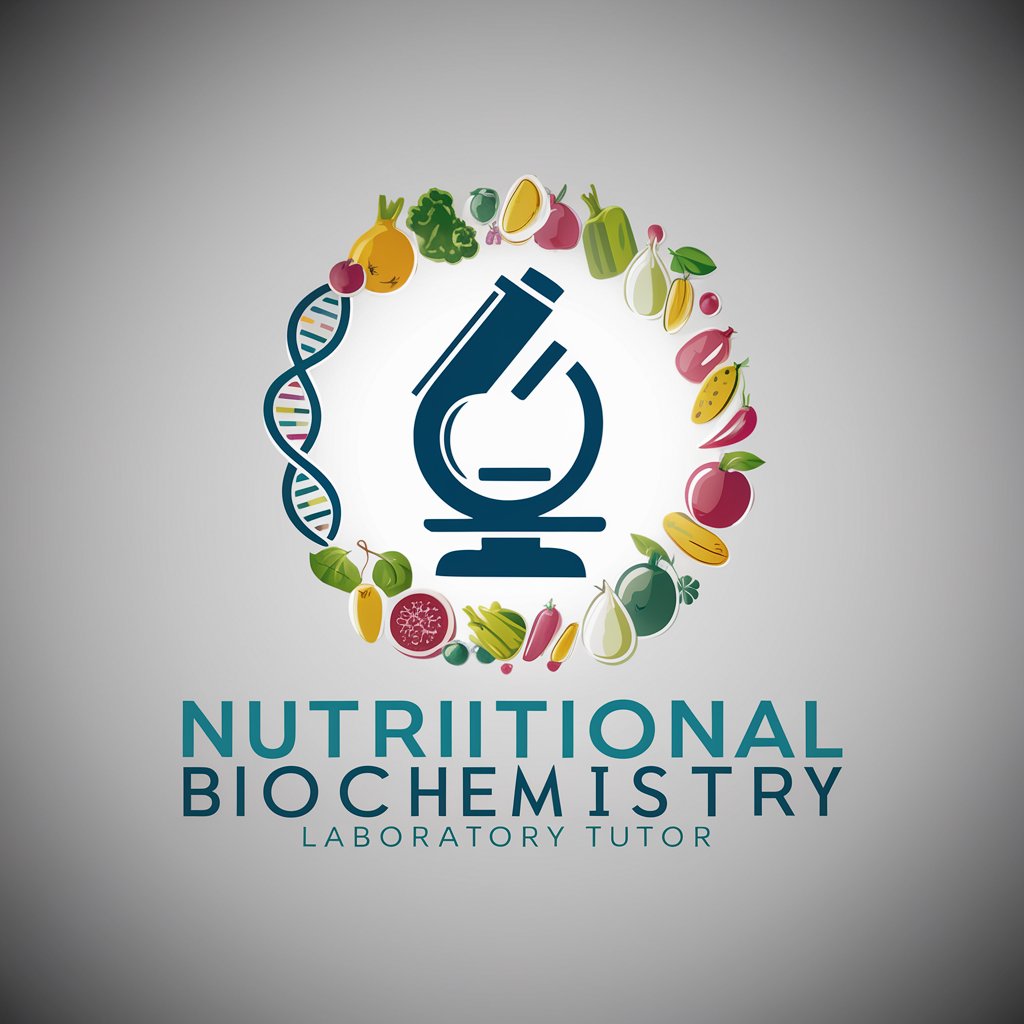
Laboratory Techniques Tutor
AI-powered civil engineering lab assistant

Symphonic Laboratory Coach
Elevating musical performances through AI-powered insights

STAR Resume Format
AI-powered narrative structuring for professionals.
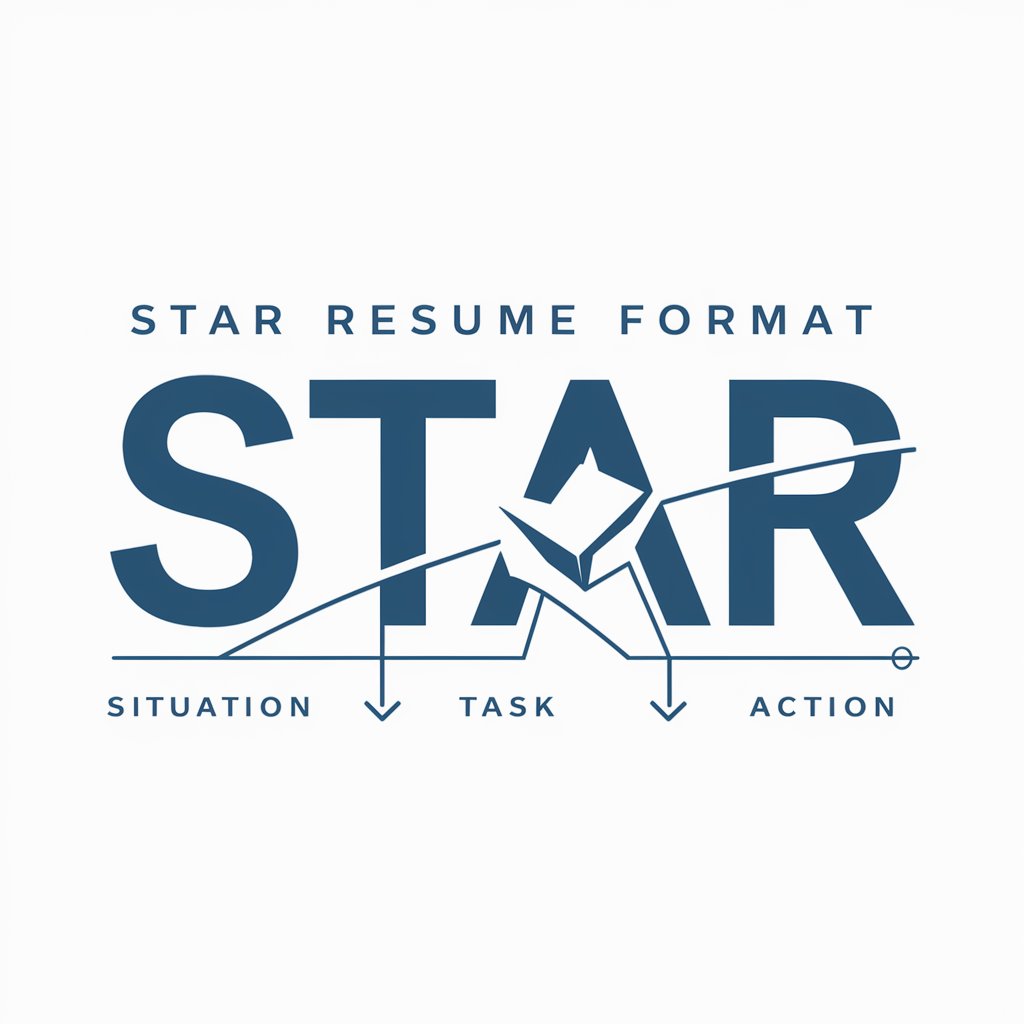
Frequently Asked Questions About Physical Chemistry Laboratory Tutor
What types of physical chemistry lab topics can I ask about?
You can inquire about a wide range of topics including spectroscopy, thermodynamics, kinetics, surface chemistry, and experimental methods. Additionally, I can assist with data analysis and interpretation related to these experiments.
How can this tool help me with my lab reports?
I can guide you through the structure of a lab report, help with data analysis, suggest ways to discuss and interpret results, and assist in understanding the theoretical background necessary to support your findings.
Can I get help with experimental design?
Yes, I can help you design experiments by discussing the variables, setup considerations, and the types of measurements needed to achieve reliable and significant results.
What if I need clarification on a complex concept?
Just ask! I am here to break down complex concepts into easier-to-understand components and can provide detailed explanations and examples to aid your understanding.
Is there a limit to the number of questions I can ask?
No, you can ask as many questions as you need to fully grasp the physical chemistry laboratory concepts and procedures. Feel free to explore different topics in depth.
